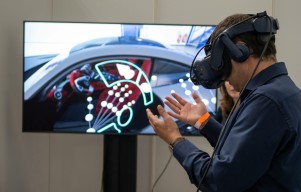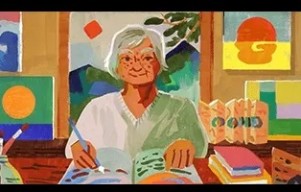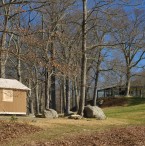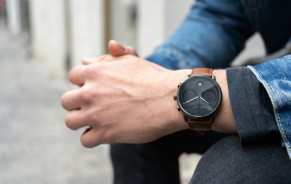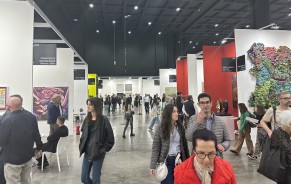We know cycling is a smart way to get yourself form point A to point B. But that process gets a bit complicated when you start worrying about someone stealing your bike. Three engineering students at Chile's University of Adolfo Ibáñez just may have found a way around that problem.
They have designed what they call "a bicycle that cannot be stolen." It's called Project Yerka, and it allows cyclists to disassemble the frame in a way that acts as the bike's own lock. Riders can divide the middle pipe and attach it to a removable seat. All that's required is a post to fasten it to.
The only way to steal the bicycle is to break its frame...a nonsensical act that would leave thieves with a bike that cannot be ridden.
According to cyclist lawyer Bob Mionske, "Somewhere between 800,000 and two million bicycles - worth some $50 million - are stolen" each year. The reason why? It's easy to do.
While the invention is sure to be a big hit among cyclist, the product won't be available for sometime. Creators Andrés Roi, Cristóbal Cabello and Juan José Monsalve told Esquire that they only have one prototype ready, but are currently raising money to make more. Monsalve told Esquire:
"We only have one fully functional prototype at this time, but we want to make various bike models, with speeds, girl models, etc. Currently the frame is made out of steel and our intervention of aluminum. We are raising funds right now to make more prototypes and to make a small volume of bikes, which are going to be the first ones to go out to the market. We still don't have a date, but we think our first small volume will be ready in six to eight months, tops."
Monsalve revealed that the inspiration behind the idea came from one team member's personal experience. He said, "We didn't start his because we saw a potential market with this idea but mainly because Andrés has been a victim of bike theft two times. Since then, he always wanted to create something to stop this problem and help others in the process."
